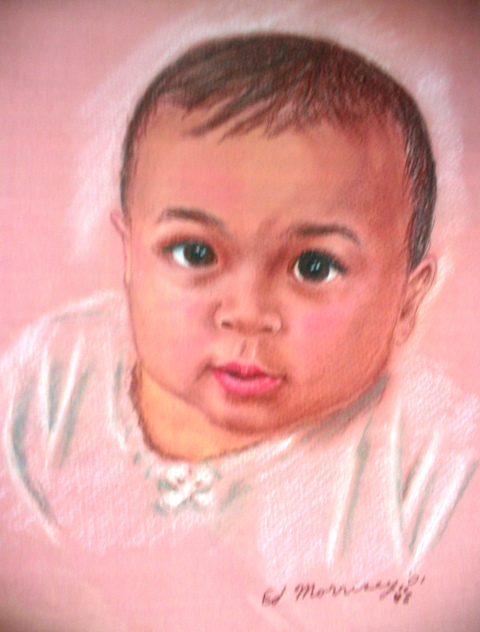They arrive as perfect strangers: Distressed by alien surroundings, they cry, wail and appeal to our humanity. It’s all “Feed me, cloth me, comfort me.” Such dependency can consume our attention for years.
I owe the term “perfect stranger” to author Barbara Ehrenreich in describing her own newborn child in Living with a Wild God.
Newborns
I get the “perfect” part. Parents refer to their babies as perfect: moving, breathing, with 10 fingers and 10 toes.
Ehrenreich’s more clever, cautious observation: Our babies are strangers. We have no idea about their likes and dislikes; how much they’ll eat and whether it will only be certain foods; how they’ll feel in the clothes we buy; if they will be prone to ear aches or not readily fall asleep. Getting to know such facts can consume our attention for years.
It is painful to hear a grown man or woman recall no attempts by parents to make them feel comfortable, at home and wanted as children, even more upsetting to learn they had been physically or emotionally abused or left to survive on their own devices, as in Tara Westover's memoir Educated. As we know too well from news reports, some parents do damage their young. But some people rise above awful family histories, determined not to pay misery forward.
Modern Adoption
Nicole Chung, author of the 2018 All You Can Ever Know, describes the unease of not having a family history beyond that of her adoptive parents. As a daughter of Korean immigrants to the Northwest, she grew up in a predominantly white, rural corner of Oregon where discrimination was rampant. The taunts belied her white parents' insistence she belonged. Nicole loved her parents but grieved about being "grafted onto a family tree" and ached to locate her biological-family's tree. Her reflections on becoming a mother and on learning family secrets make for an engrossing story of a perfect stranger.
Modern Complexities
Equally thought-provoking is the book Inheritance: A Memoir of Genealogy, Paternity and Love. Author Dani Shapiro uncovered alarming, unintended consequences in the use of sperm donor programs. In keeping their involvement in a donor program a secret, her parents did not seem intent on deceiving her. They just wanted a baby. Yet, she was left to mourn the loss of a self-image as her acclaimed father's daughter. She tracked down likely sperm donors, revealing how intrusion into the lives of sperm donors introduces a host of awkward dilemmas. If Dani's donor's sperm was used in creating other babies, she has quite a few half siblings to track down. What to do with all of them is another story.
Heredity
The PBS series Finding Your Roots, hosted by Harvard scholar Henry Louis Gates, Jr., unearths the family histories of influential people, including tales of immigrants, asylum seekers and slaves. Prominent blacks and mixed-race guests have learned their ancestors were once slaves, some with families separated, some children of slave owners. It is rare to see a guest guided into his or her past who does not shed tears for the suffering of their enslaved ancestors.
Recognizing life isn’t always easy, Sesame Street, in 50 years of enlightening children, little by little added segments about homeless children and children of jailed parents, adoptees, children with autism and other challenging mental or physical conditions. It may soon have to air segments for asylum seekers and former slaves, for children of sperm donors and surrogates.
The Ultimate "Us"
Such modern scenarios demand a change of assumptions and heart about who belongs here. Yet, half of America revolts from even thinking of the traumatized children separated from their families at the Mexican border. Swayed for decades by the cavalier policies of Ronnie Reagan and now Donny Trump, this group scoffs at paying a penny to make any strangers’ lives bearable or at assuming an “It Takes a Village” mentality when we are obviously members of a planet-sized village, and there’s no getting off it alive. Strangers meet too many stony faces here.
In the poem, “Famous,” Naomi Shihab Nye writes: “I want to be famous to shuffling men / who smile while crossing streets, / sticky children in grocery lines, / famous as the one who smiled back.”
I’m with Naomi in acting as if honoring our shared humanity matters.
Oh, and Happy Mother's Day, Stranger!
